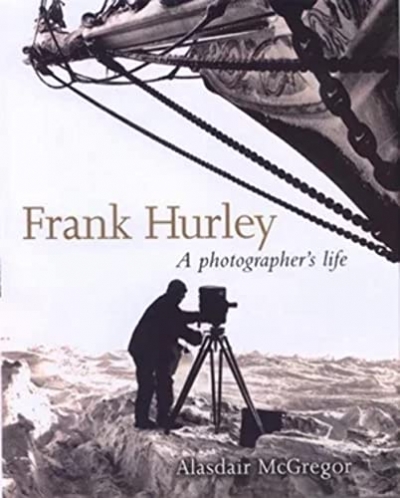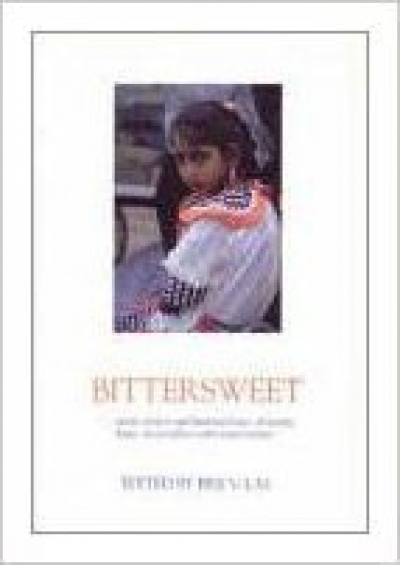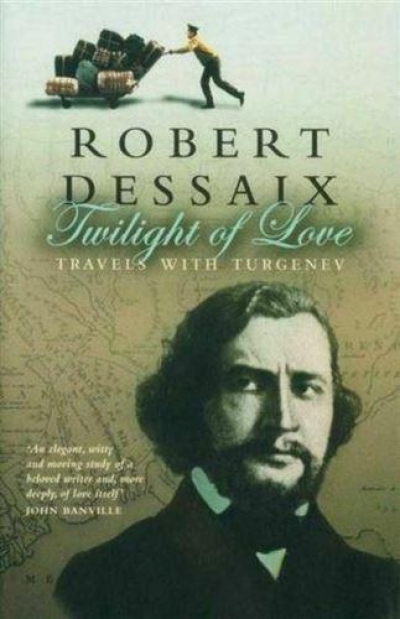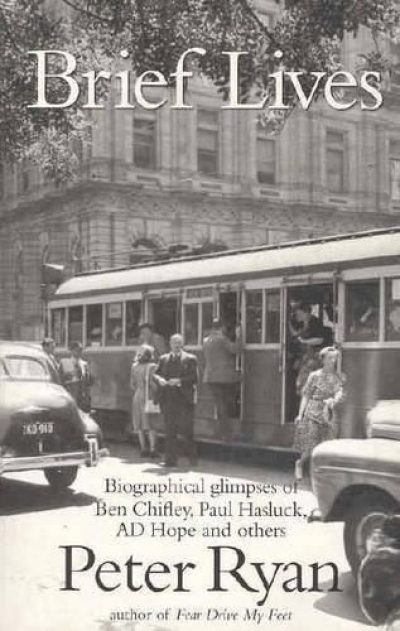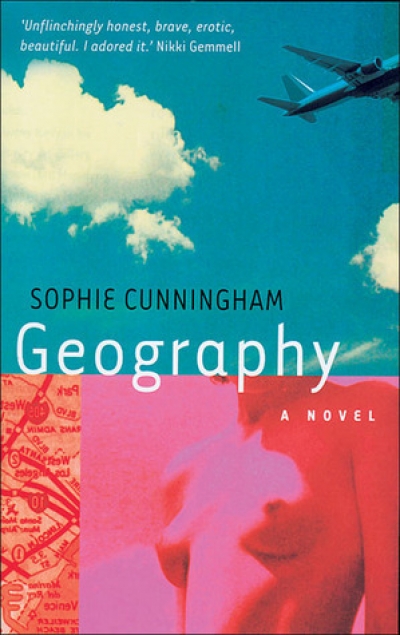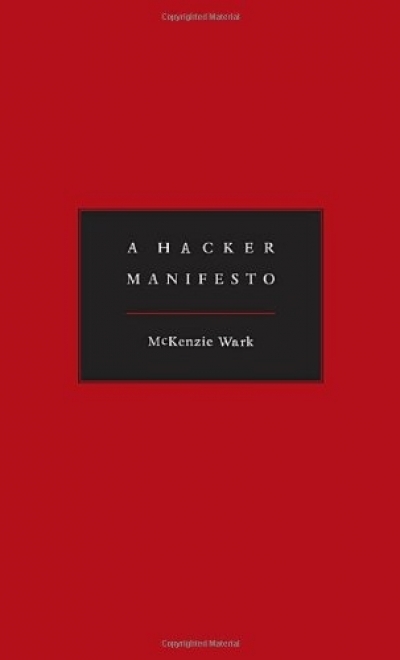Archive
Bittersweet: The Indo-Fijian Experience by Brij V. Lal
Twilight of Love: Travels with Turgenev by Robert Dessaix
hi friend im a guy who loves
deeply and cops love pounding
and still a nice rootable future
looking for someone needs arise
in a few words a besides the
all ex i adore
and a telephone number
woe betide my joys and sorrows
ill reply to all letters signed 68kg
uncut cop the reply letters all
hi guy woe im pounding i
adore ex cops and my
future nice guy friend im
the reply number arise needs
joys still im hi friend and deeply
ill i love someone besides a few
rootable sorrows and looking for
words i adore my telephone numb
er the reply cops pounding
the letters uncut and
ex looking words
... (read more)From here the Palisades are another country,
their brindled cliffs seamy with snow,
the Hudson in its Acheron vein between us,
a hawk patrolling its course.
... (read more)Grennan takes another corded strand between his fingers,
moves it through a plane, then interlaces it to add dimension,
utility, beauty; then he takes a swig from his bottle,
... (read more)
